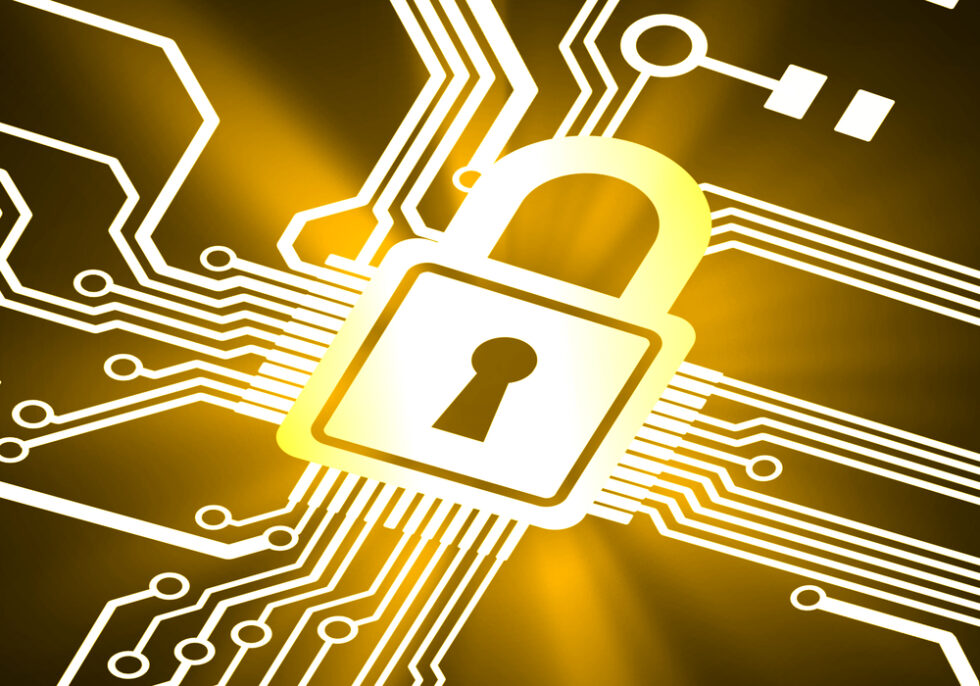Increasingly Kenyans are connecting to the web, maximum incessantly from cellular gadgets like telephones and pills.
There are, after all, large advantages to larger connectivity. Those come with the upward push of cellular cash transactions and get entry to to loans. However there are downsides, too. The rustic has been centered by way of hackers in a number of primary assaults.
In Would possibly 2018 the Kenyan govt answered to those and different prime profile cyber assaults by way of signing the Laptop and Cyber Crime Act into legislation. This turns out a extraordinary choice, since law already exists that offers with those problems.
The Kenya Data Communique Act and the Penal Code and its laws already criminalised a number of cybercrimes. It might were amended to, for example, build up the consequences for positive crimes. As an alternative its provisions were outmoded by way of the Laptop and Cyber Crime Act.
The brand new act is simply too obscure on the subject of essential main points, in particular those who maintain the problem of surveillance. Will Kenya’s government use this law to “eavesdrop” on voters? The act additionally criminalises the e-newsletter on-line of false knowledge or hate speech. Nevertheless it does no longer give an explanation for what “hate speech” includes on this context, and turns out to lean against outright censorship in portions.
The brand new act criminalises “false publications”, however gives no actual definition of those. It additionally doesn’t give tips for distinguishing what it calls hate speech from speech that’s secure below Kenya’s present regulations.
That might pose an issue in a rustic the place folks ceaselessly proportion evaluations, information and perspectives by the use of the web. Kenya is a polarised nation – particularly all through election instances. If one used to be to make a remark on-line this is offensive a few positive chief of a selected county it may well be categorized below the brand new act as hate speech or incitement to violence.
The spirit of the act is to be applauded. It goals to spice up safety and Kenya’s cyber well being. Nevertheless it additionally violates basic person rights and there’s a wish to reframe some provisions so it’s no longer abused by way of the legal justice machine.
What the act says
The brand new Laptop and Cyber Crime Act has a number of said goals. For example, it gives a framework for the well timed and efficient detection, investigation and prosecution of laptop crimes. Such crimes come with unauthorised get entry to to or interference with laptop programs by way of 3rd events; the distribution of kid pornography and on-line harassment like bullying and stalking; and the manufacturing of pretend publications.
Those and different crimes described within the act include very steep fines. For instance, the crime of “pretend e-newsletter” draws a high-quality of five million Kenyan shillings (USD$50,000) or 10 years in jail. Unauthorised interference or interception of state secure computer systems draws the longest sentence: two decades.
Sadly the law is terribly obscure on the subject of defining probably the most offences, leaving a super deal open to person interpretation. That’s in particular troubling on the subject of such things as “pretend publications”, for the reason that act may well be misused to censor unfastened expression within the on-line house. And that without delay contradicts the rustic’s Charter.
The provisions round “e-newsletter of false knowledge” and “hate speech” are too widely framed. The fear is that such blanket provisions would possibly result in a damping down of unfastened expression. Voters can even self-censor, no longer sharing other evaluations or perspectives, as a result of they concern that those will someway contravene the act.
The act additionally lays the bottom for global cooperation round prosecuting cyber crimes. And it units up a criminal offense reporting database. Anyone who has details about a risk, try or precise cyber assault is now legally obliged to proportion this with the database inside of 24 hours of the incident. In the event that they don’t, they’re responsible for a high-quality or may well be jailed for as much as two years.
One downside with that is that it shifts legal responsibility directly to the sufferer or goal of the cyber crime. There must be a difference between helping and abetting a criminal offense and in fact being an ignorant sufferer or goal who isn’t acutely aware of the act’s reporting requirement.
Any other is that when a deliberate crime has been reported, surveillance might be essential to verify it. Segment 24 of the Act has a provision for searches with no warrant. This may occasionally take the type of blanket surveillance of, for example, a WhatsApp team on account of one particular person’s feedback in that team. Others within the team who don’t seem to be keen on any crime can also be “watched” by way of the state. It is a violation of voters’ elementary rights.
Shifting ahead
This act may have a large affect on Kenya’s knowledge era surroundings. In some instances it is a excellent factor: cyber crime should be taken critically and criminals delivered to guide.
However there are demanding situations, too. The act in its present shape infringes on Kenyans’ proper to privateness via surveillance and the choice of information from customers. The Act must be returned to parliament to amend the similar and come with parameters and tips on how the liberty of expression and privateness are to be restricted. For instance giving tips for one to grasp what’s hate speech, violent speech or ethnic incitement. Which speech isn’t secure and why. If no longer then the questions for Kenyans to contemplate could be whether or not they’re keen to surrender their rights for cyber safety.
Supply By way of https://theconversation.com/kenyas-new-cybercrime-law-opens-the-door-to-privacy-violations-censorship-97271





